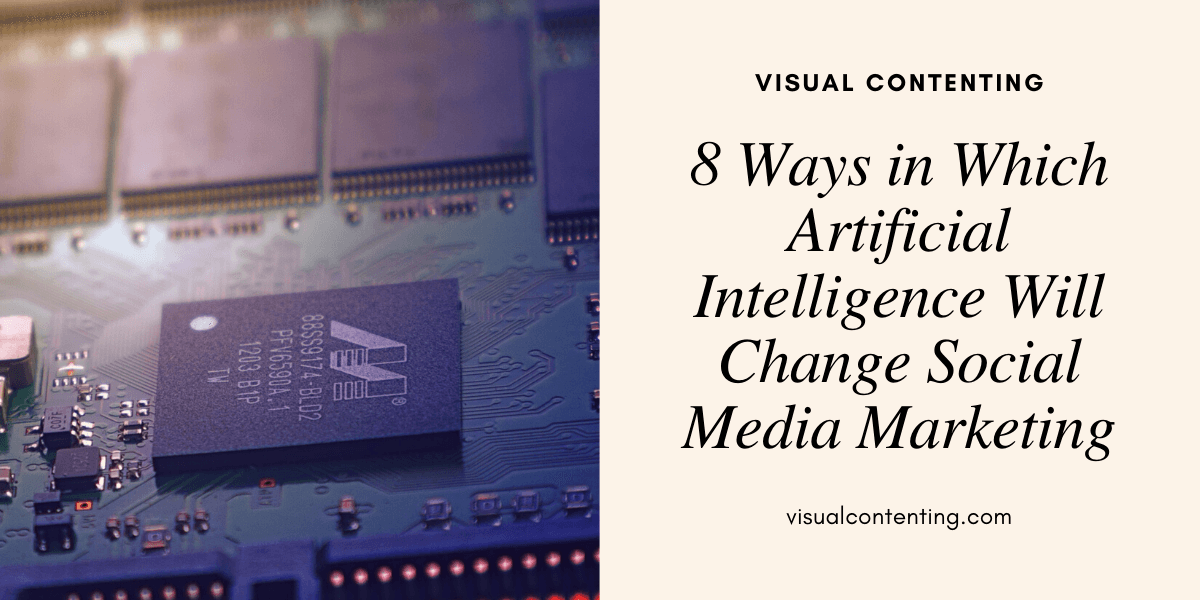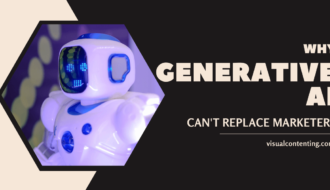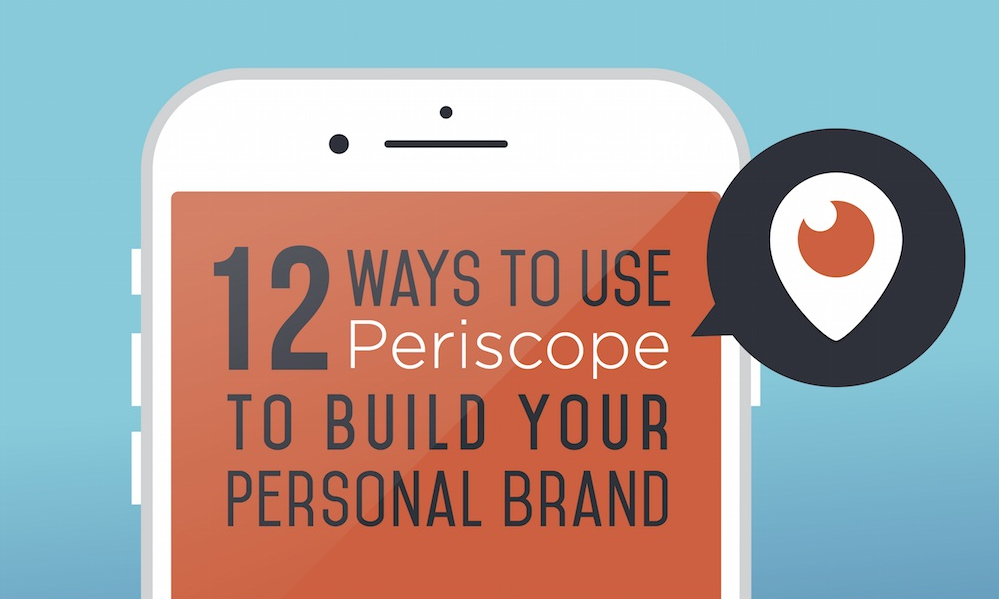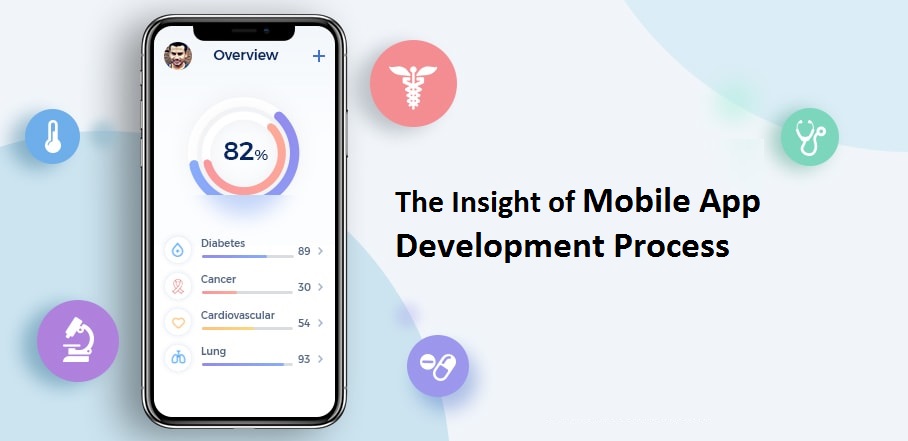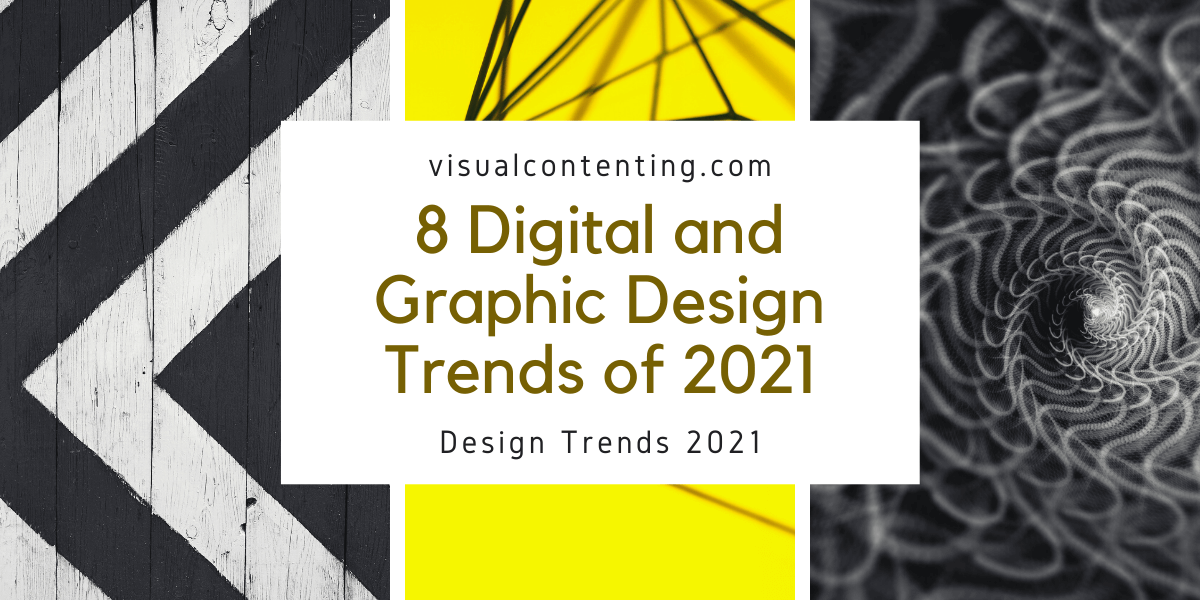Artificial intelligence is poised to transform all the major industries in the world. It is already widely used in multiple areas of digital marketing such as Search Engine Optimisation (SEO) and email marketing. Considering the multiple benefits created by its application, it is only a matter of time before it reaches social media marketing. Artificial intelligence can make the life of a social media marketer much easier by automating a number of routine tasks and providing better insights into the behaviour of customers who visit the social media pages of an organisation.
This article elucidates the 8 ways in which artificial intelligence will change social media marketing.
1. Customer Interaction
Unlike conventional digital marketing channels such as email marketing, social media facilitates two-way communications between the businesses and their consumers. While big companies employ an army of social media experts to interact with customers on a 24/7 basis, this opportunity has not been available to small and medium businesses. Artificial intelligence-powered tools such as chatbots can provide real-time responses to customer queries during non-working hours.
Recommended: How to Use Chatbots to Drive Sales and Increase the Engagement
Additionally, chatbots can learn from their past interactions with customers to understand their specific needs and offer them personalised solutions. This way, artificial intelligence can radically improve the quality of interaction with consumers via popular social media channels. Chatbots also use natural language processing techniques to identify the correct response to the queries from customers. Well-developed artificial intelligence-powered solutions already have the ability to answer open questions regarding the products and services offered by a company. The data collected by chatbots about the problems faced by customers can also be used to improve the quality of existing products and introduce new offerings in the future.
Recommended: 4 Worthwhile Online Tools to Nurture Face-to-Face Interactions with Your Customers
2. Competitor Analysis
Analysing how competitors are faring on social media helps companies tweak their social media strategy. Artificial intelligence allows marketers to reduce the amount of manual work involved in the analysis of competitor performance on social media. Machine learning algorithms can collect and process bigger data sets and provide the results in an appealing visual format. Adding database technologies to the machine learning algorithms also makes it possible to automate the process of analysing the firm’s competitors.

Source: https://unsplash.com/photos/yyMJNPgQ-X8
3. Social Media Advertising
A large share of online advertising presently occurs on social networks such as Facebook. They usually utilise auction-based systems to ensure that advertisers pay the most reasonable fees for ad impressions. Artificial intelligence can make social media advertising more effective through the deployment of intelligent machine learning algorithms. These tools can automate the purchase of CPI or CPC assets and the demonstration of ads on all popular social media platforms.
Unlike conventional software programmes that are deployed by businesses for this purpose, machine learning algorithms can effectively analyse long-term trends. This allows them to continuously optimise the budgets on the basis of the newly acquired data so that the advertisers can always get the best possible conversion rate. Machine learning algorithms can also test the outputs across multiple customer segments and social media platforms to allocate the advertising budgets to the most effective ones.
4. Predictive Analytics
Social media platforms possess the most comprehensive personal data of their users. Currently, this data is used to show them personalised ads based on their earlier identified preferences. Artificial intelligence can fully transform the way this data is utilised through predictive analytics. This instrument is presently used in multiple industries such as banking and retail to predict the potential preferences of new customers and their prospective profitability.
For example, predictive analytics can be used in social media marketing to accurately forecast the probability of a prospect becoming a loyal customer in the long-term perspective. In the case of limited resources, the ranking of the leads (popularly called lead scoring) allows marketers to substantially reduce operational expenses by focusing on the consumers offering the highest return on investments (ROI). Predictive analytics will also be used for more basic forecasts such as the estimation of the possibility of social media users clicking on a particular post or ad.
These opportunities may be especially lucrative considering the advent of the Internet of Things (IoT). With the growing number of mobile devices and connected appliances, only AI-powered solutions will be able to process these amounts of customer data to identify the activities critical for marketing purposes. For example, the sellers of spare parts and other technological consumables will be able to send follow-up messages to buyers shortly before the expiration of their service life to offer discounts or promotional offerings.
5. Content Creation
Writing engaging social media posts is vital for attracting the attention of the targeted customer segments. Social media marketers spend hours and days trying to guess the type of content that can attract the attention of consumers and increase their engagement levels. Artificial intelligence-powered bots can predict the chances of success on popular social media platforms by comparing the materials planned for publication with the past performance of similar posts published earlier in any specific niche. This way, marketers can avoid all guesswork when creating new content and focus on reaching the maximum number of customers. These bots can also track the resulting effectiveness of past and present blog posts from the company itself to identify the customer response trends specific to this particular organisation.
Recommended: 7 Tips to Create the Best Content for Social Media Marketing Posts
6. Mining of Customer Interactions
The two-way communication occurring on social media platforms provides a variety of customers reactions to various social media posts associated with the release of new products or new sale promotion activities. Conventional statistical software packages that are currently used to mine this data can only provide a basic insight into the customer buying preferences. Artificial intelligence-powered text mining algorithms can analyse both structured and unstructured data in the text form to discover deeper psychological motives and behavioural patterns. The insights gained from this advanced data mining can be used to develop personalised marketing strategies for individual customers and customer segments.
7. Social Media Activities Monitoring
The regular monitoring of social media platforms is critical for capitalising on emerging trends and opportunities. Modern marketers constantly track all activities on the company pages and popular resources for any abnormal signs. Artificial intelligence can facilitate these practices through advanced analysis tools that can be deployed and maintained with lower costs and greater effectiveness in comparison with human personnel. This way, any kind of negative reviews of the company and its products on popular social media channels can be instantly identified and handled promptly to minimise the resulting reputational damage.
Additionally, the AI-powered sentiment analysis of social media activities will help businesses to understand the current mood of the customers to adjust their marketing communication accordingly. Commercially available artificial intelligence products such as Yext already have the capability to monitor social media activity and prioritise the customers demonstrating the greatest marketing potential. The features offered by such products will vastly expand in the future.
Recommended: Top 28 Social Media Tools to Make Your Job Easier
8. Visual Content Analysis
Search engines and social media platforms could not comprehend the visual content available on the internet unless the publisher provides textual descriptions of photos or videos. Artificial intelligence instruments will solve this problem by analysing the visuals posted on popular platforms to better understand the mood and preferences of prospective customers. Face App and the face recognition feature of Facebook already perform this function to a certain extent. Future improvements will further boost the capability of AI-powered instruments to analyse visual content and associate it with certain moods and themes.
Given the dynamic nature of marketing, social media marketers should promptly embrace artificial intelligence to stay ahead of their competitors. The awareness of these instruments and their current and potential capabilities is critical for planning future promotional strategies. While the benefits offered by them are substantial, they can only be realised through combining the skills and knowledge of professional marketers with the creative utilisation of AI-powered tools. As their availability is expected to become universal in the nearest future, the companies that fail to understand the importance of artificial intelligence technologies risk becoming dinosaurs in their industries.
Recommended: Top Articles, Tools and Experts to Level up Your Visual Marketing Game
Related Posts
Ellie Richards is an online Marketing Manager for Original PhD, specialising in PhD Proposal writing help. She is passionate about researching and writing on various topics, including Education, Marketing, and Technology.
